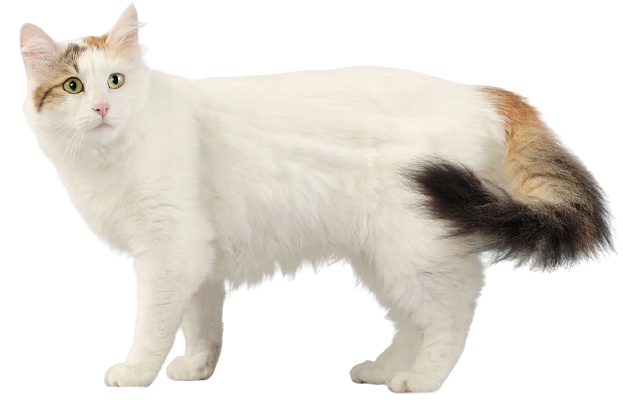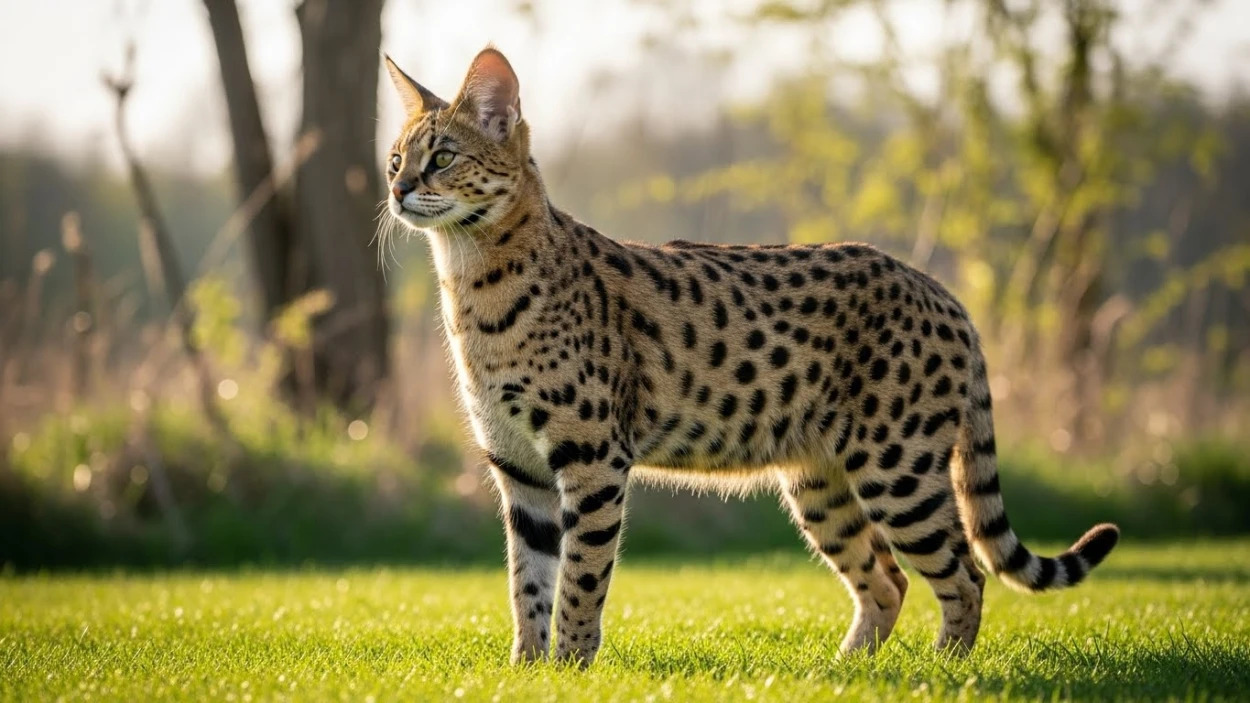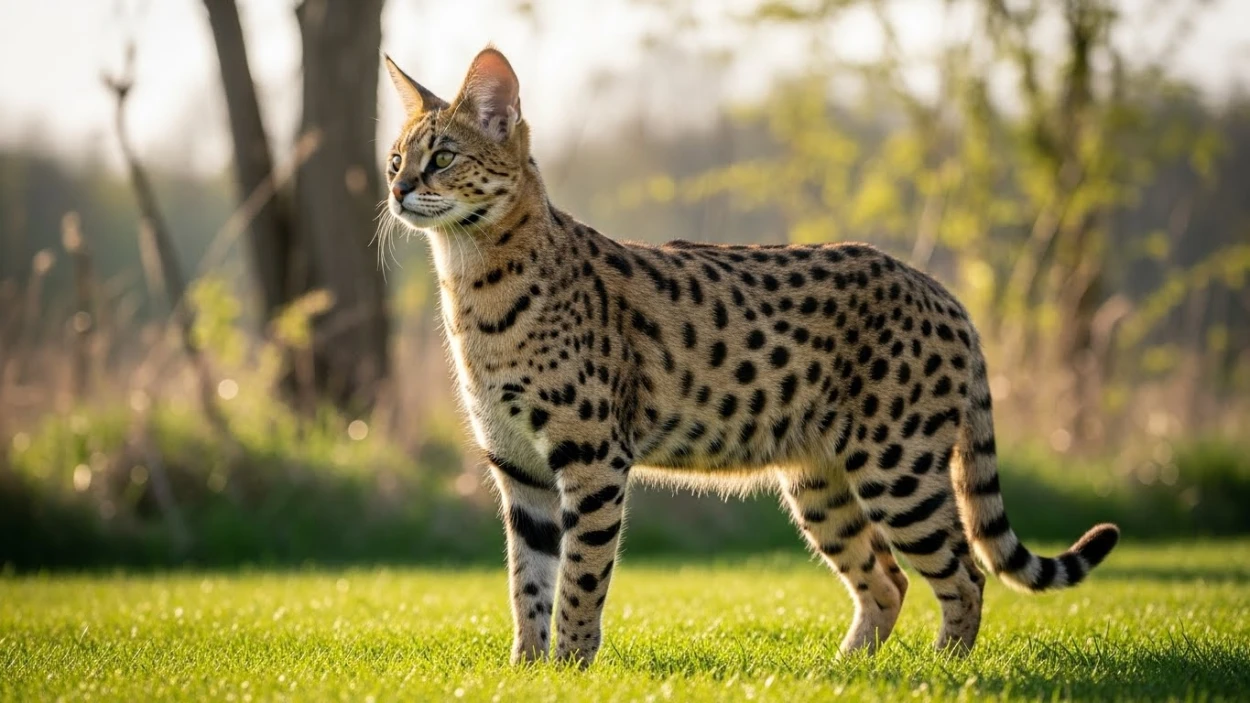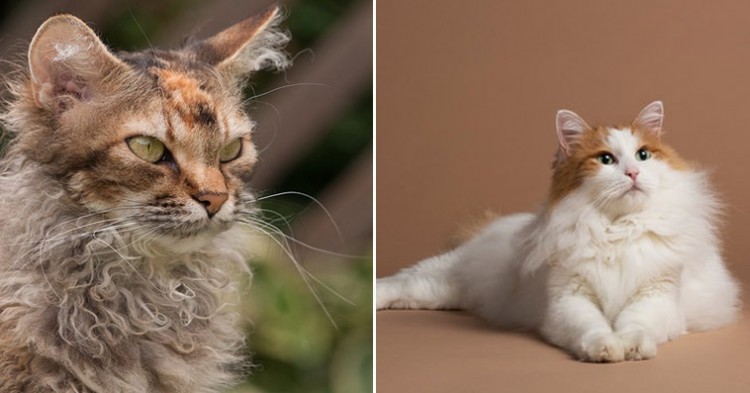
Turkish Van
USD $800 - $1500 Price Avg.
Large, Largest
Size
No
Lap Cat
12 to 17 years
Lifespan
Breed Information
| Popularity/Rank | 43 |
|---|---|
| Name | Turkish Van |
| Other names | Turkish Cat, Swimming cat |
| Origin | Turkey |
| Origin | United Kingdom |
| Size | Large, Largest |
| Coat | Fine, Silky, Sleek, Soft, Semi-long |
| Lap Cat | No |
| Lifespan | 12 to 17 years |
| Temperament |
Energetic, Intelligent, Loyal, Playful, Agile 1. Energetic: The Turkish Van is an energetic cat that loves to play and run around. They are also very intelligent and can be trained to do tricks or even walk on a leash. They are loyal cats and will bond with their owners. 2. Intelligent: The Turkish Van is an intelligent cat that can be trained to do tricks or even walk on a leash. They are also very playful and love to run around. They are loyal cats and will bond with their owners. 3. Loyal: The Turkish Van is a loyal cat that will bond with their owners. They are also very playful and love to run around. They are intelligent cats and can be trained to do tricks or even walk on a leash. 4. Playful: The Turkish Van is a playful cat that loves to run around and play with their toys. They are also very intelligent and can be trained to do tricks or even walk on a leash. They are loyal cats and will bond with their owners |
| Weight | Female: 7 - 12 pounds, Male: 9 - 20 pounds |
| Colors | Black, Blue, Brown tabby, Cream, Cream tabby, Red tabby, Red |
| Kitten Prices |
USD $800 - $1500
When it comes to finding a Turkish Van kitten, the price can vary greatly depending on the breeder. Some breeders may charge as little as $800, while others may charge upwards of $1500. The price also depends on the reputation of the breeder. If the breeder has a good reputation, they are likely to charge more for their kittens. The price of a Turkish Van kitten can also impact the quality of the kitten. If the price is too low, it is possible that the kitten is not healthy or has been poorly bred. On the other hand, if the price is too high, it is possible that the kitten has been overbred and is not as healthy as one that has been bred more responsibly. When choosing a Turkish Van kitten, it is important to consider all of these factors before making a decision. Ultimately, you want to choose a healthy kitten from a reputable breeder at a price that you are comfortable with. |
Breed Characteristics
| Adaptability | |
|---|---|
| Affection Level | |
| Child Friendly | |
| Dog Friendly | |
| Energy Level | |
| Grooming | |
| Health Issues |
Bladder stones, deafness, heart disease, polycystic kidney disease, progressive retinal atrophy, pyruvate kinase deficiency. Is Turkish Van cat Hypoallergenic? The Turkish Van is a hypoallergenic cat breed, meaning that they are less likely to cause an allergic reaction in people who are allergic to cats. They are also known for being very affectionate and loving cats. 1. Bladder Stones Bladder stones are a common health problem in Turkish Van cats. These stones can cause urinary tract infections and blockages, which can be very painful for your cat. Treatment typically involves surgery to remove the stones. 2. Deafness Deafness is another health issue that can affect Turkish Van cats. This condition is usually congenital, meaning it is present at birth. Cats with deafness may have difficulty hearing sounds and may be more prone to startle easily. 3. Heart Disease Heart disease is a common health problem in Turkish Van cats. This condition can cause congestive heart failure, which can be fatal. Treatment typically involves medication to help control the symptoms and improve the quality of life for your cat. 4. Polycystic Kidney Disease Polycystic kidney disease is a hereditary condition that can affect Turkish Van cats. This condition causes the formation of cysts in the kidneys, which can lead to kidney failure. Treatment typically involves medication to help control the symptoms and slow the progression of the disease. 5. Progressive Retinal Atrophy Progressive retinal atrophy is a degenerative eye condition that can affect Turkish Van cats. This condition causes the gradual loss of vision, eventually leading to blindness. There is no cure for this condition, but treatment can help slow the progression of the disease. 6. Pyruvate Kinase Deficiency Pyruvate kinase deficiency is a hereditary blood disorder that can affect Turkish Van cats. This condition causes anemia and can be fatal if left untreated. Treatment typically involves blood transfusions and medication to help control the symptoms and improve the quality of life for your cat. |
| Intelligence | |
| Shedding | |
| Social Needs | |
| Stranger Friendly | |
| Vocalization | |
| Health Care |
The Turkish Van is a relatively healthy breed of cat, but like all cats, they require some basic health care to stay in tip-top shape. Here are a few things you need to do to keep your Turkish Van healthy and happy:
1. Provide a nutritious diet. A diet rich in protein and fat will help your Turkish Van maintain a healthy weight and coat. 2. Keep their litter box clean. A clean litter box will help prevent urinary tract infections and other health problems. 3. Keep their nails trimmed. Overgrown nails can be painful for your cat and can lead to other health problems. 4. Brush their fur regularly. Brushing will help remove dead hair and keep their coat healthy and shiny. 5. Take them to the vet for regular checkups. This will help catch any health problems early and keep your cat healthy and happy for years to come. |
History
The Turkish Van is a cat breed that is native to the Lake Van region in Turkey. The breed is also known as the Turkish Angora or the Turkish Mountain Cat. The Turkish Van is a medium-sized cat with a semi-longhaired coat. The coat is white with patches of color on the head and tail. The Turkish Van is a very active and playful cat.
The history of the Turkish Van cat goes back to the early 1900s. Lake Van is a large, deep lake in eastern Turkey. It is surrounded by mountains and has a climate that is hot in the summer and cold in the winter. In the early 1900s, there were two types of cats living around Lake Van: longhaired cats and shorthaired cats. The longhaired cats were called Angoras, and the shorthaired cats were called Vans.
The Angoras were brought to Turkey from Persia (now Iran) in the 16th century. They were prized for their beautiful long coats, which were used to make clothing and rugs. The Vans were native to Turkey and were used for hunting rodents and vermin around farms and homes.
In the early 1900s, there was a great drought in Turkey. This led to a famine, and many people died of starvation. Cats were also affected by the famine, and both Angoras and Vans became scarce. In order to save the breed from extinction, some Angora cats were mated with Van cats. This created a new breed of cat that was called the Turkish Van.
The new breed was well-suited to the climate of Lake Van region and quickly became popular among farmers and villagers who needed a good hunting cat. By the 1950s, there were only a few hundred Turkish Vans left in existence. However, thanks to dedicated breeding programs, the population has increased dramatically, and today there are thousands of Turkish Vans around the world
Description
The Turkish Van is a large, semi-longhaired cat with a distinctive "Van" pattern. The head is white with colored patches on the ears, and the body is mostly white with colored patches on the tail and back. The Turkish Van is a very active cat and loves to play in water.
The Lifespan of the Turkish Van cat is about 15 years. The Size of the Turkish Van cat is about 10-12 pounds. The Weight of the Turkish Van cat is about 9-11 pounds. The Colors of the Turkish Van cat are Black, Blue, Cream, Red, Tortoiseshell, and White.
The Personality of the Turkish Van cat is very active and playful. They are also very curious and intelligent. Turkish Vans are very social cats and love to be around people. They are also very affectionate cats and love to be petted and brushed.
Turkish Vans are Friendly with other cats, dogs, children,s and other animals. They are also very gentle and loving cats. However, they do require a lot of attention and may become bored if left alone for too long.
The Temperament of the Turkish Van cat is gentle, loving, playful, curious, intelligent, socialable, and affectionate. However, they may become bored if left alone for too long.
The Health of the Turkish Van cat is generally good but they are prone to certain health problems such as hip dysplasia, heart disease, respiratory problems, kidney disease, and cancer. It is important to keep yourTurkish Van up-to-date on vaccinations and routine vet checkups to help prevent these health problems from occurring or becoming worse.
The Adaptability level of the Turkish Van cat is high; they adapt well to changes in their environment such as new people or animals in their home or a move to a new house or apartment. However; they do not like being left alone for long periods of time so it's important to have another pet in the home or someone who can check on them frequently when you're away from home for extended periods of time such as work or vacation







